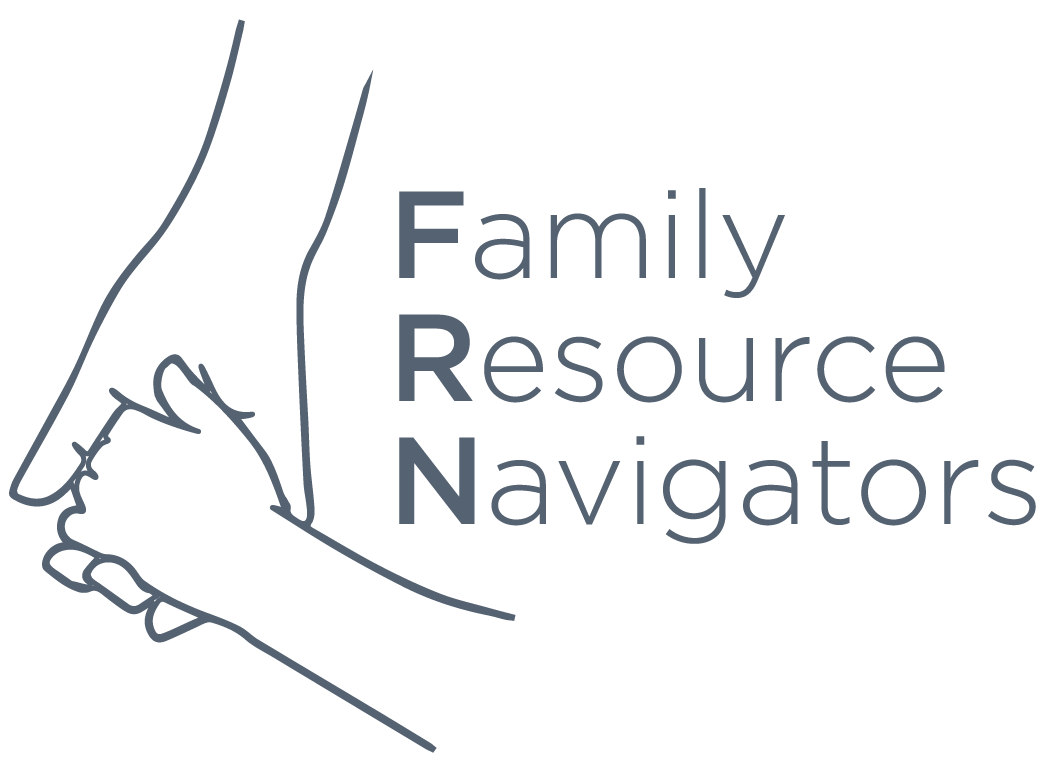
Building a collective voice
Shared decision-making. Radical candor. Taking action.
2021 Annual Report
raising voices
Over 20 years ago, we each came to FRN as parents looking for answers and connection. We learned how to be the best advocates we could for our children, then we both dedicated our careers so that other parents could take that path.
We know firsthand the power of a parent who can advocate for their child with disabilities. It changes your life, the life of your child, and your family. Everyday, the parents we work with start as advocates for their children and many end up as advocates dedicated to helping other families or improving the system.
- Parents and community members bring new knowledge and connection. We exchange what we know, and gain valuable insights in return that shape our work.
- Staff bring expertise and personal experience with different systems and services and form a powerful brain trust which enables us to help families and answer questions on a wide variety of topics and systems.
- Volunteers – group leaders, parent leaders, board members and trainers – bring the wisdom of the broader community to design and shape authentic, effective and meaningful programs by and for the community we serve.
We invite you to walk through this year's story. We are so honored to be part of this powerful collective voice of parents, and to share the work we did together this year.
Eileen Crumm & Kausha King, Family Resource Navigators
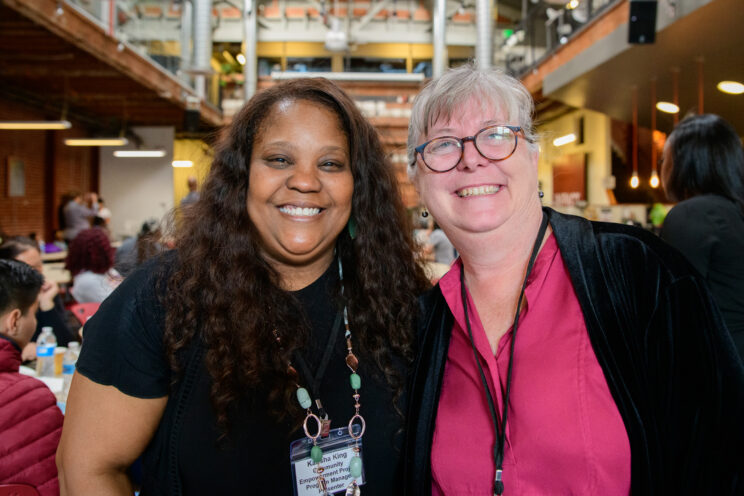
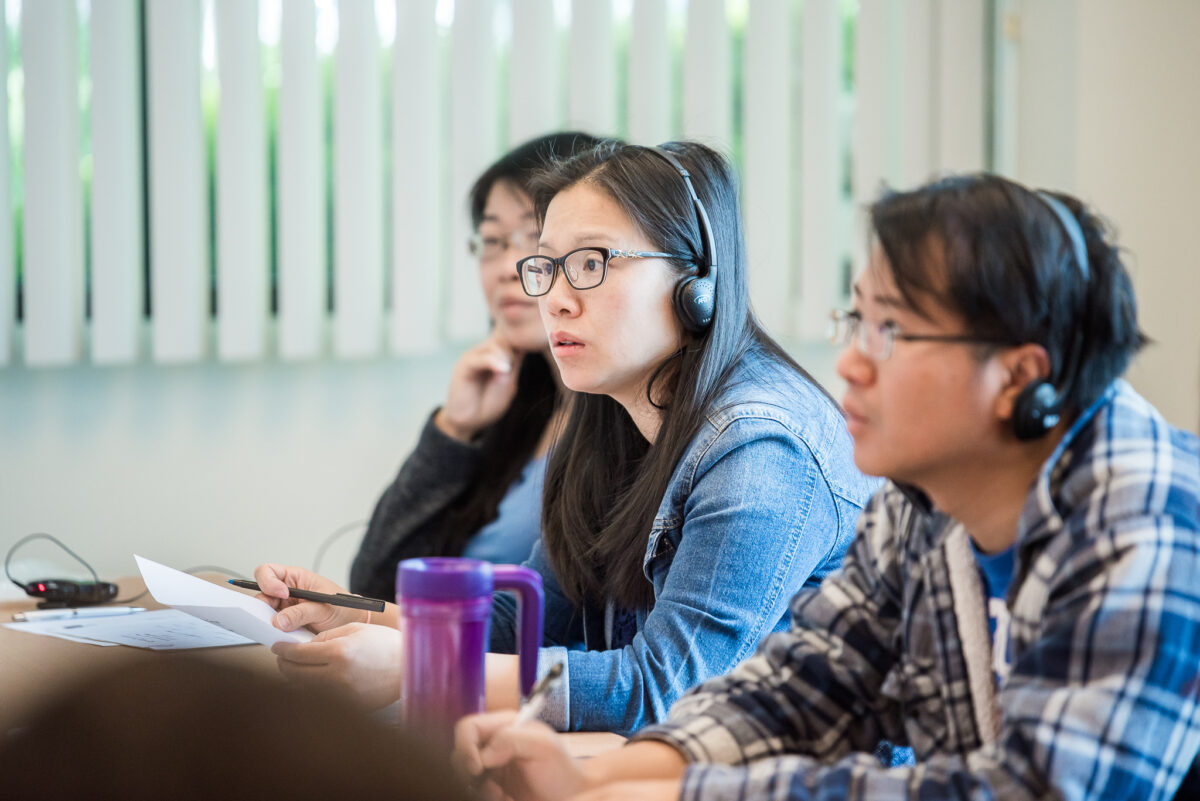
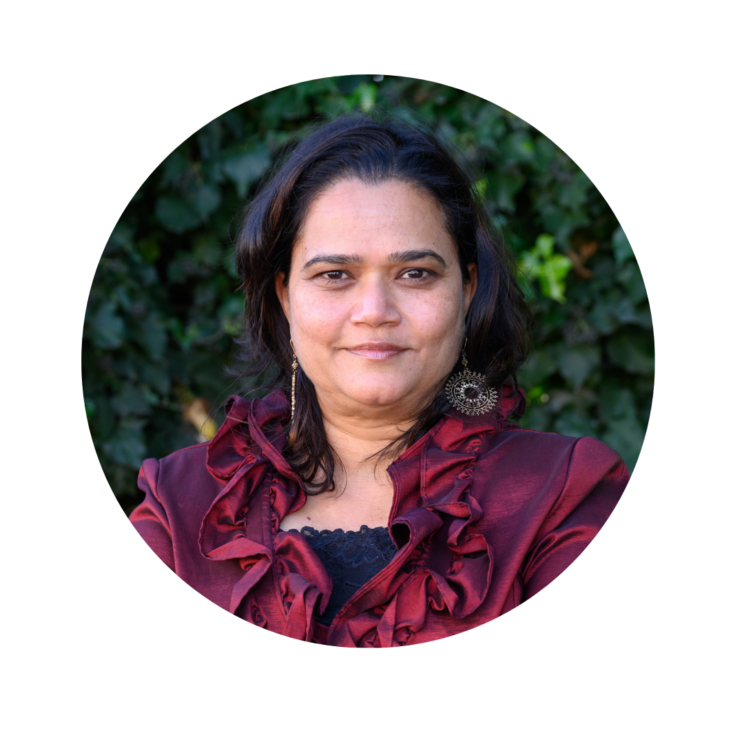
"Being a parent is hard work, especially harder if your child has special needs. When my child was younger, I did not know how to prepare for an IEP meeting or what services my child could get. Too often, I resigned myself to what the school was ready to offer even though I knew it was insufficient. Today I’m a board member at FRN because our approach builds a strong community of practice where parents learn and exchange ideas on how to advocate for their children. When you teach a parent to “fish,” learn vocabulary, and advocacy skills, you’re supporting them in becoming lifelong advocates for their child…and for other parents they meet along the way."
Sujatha Ranganathan, Board Chair

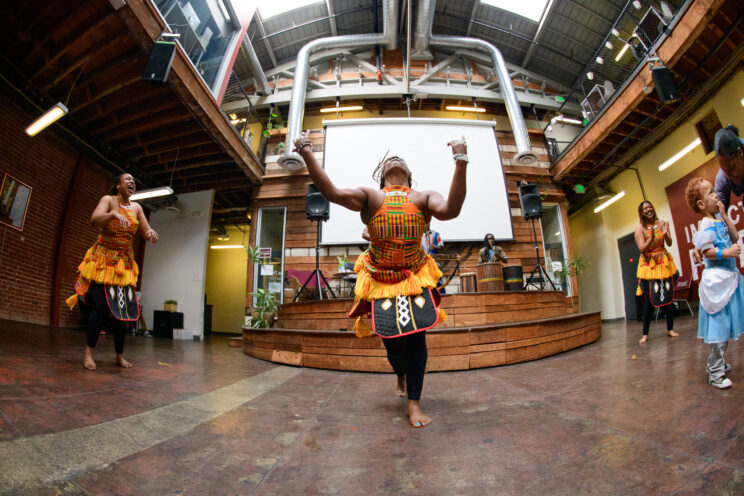
Sometimes it takes a community of ten
"Nina" is a Black step-grandmother in San Leandro who unexpectedly received temporary custody of her two teenage grandsons.
Out of touch for years, after she got the call, she picked them up at a hospital near Sacramento after the tragic death of their mother (her daughter) in a car crash. She didn’t know what school they had been in, what services they were receiving or how to help them deal with their conditions: severe autism and behavioral issues. Her grandchildren have limited language skills, specialized diets, frequently act out — all while experiencing intense grief. Yet instead of throwing her hands up, or refusing to take the boys, she started to try. We matched her with an experienced family navigator by the name of Cid (who is also a mom of a multi-racial family herself who adopted a child with a disability). Together, they leaned on a community to figure out custody and other service issues.
It took at least 10 different people in multiple locations to help. There was the social worker where mom passed away; there were kinship groups in Alameda County to help navigate systems; people at the Regional Center up north and here. It took 10 calls to Alameda County alone, and five different experts before we found a social worker who could assist her. With this help, we were able to get the grandchildren's medical records transferred, and on track to receive occupational and behavioral therapy. Nina said: “With your help, I’m going to do my best.” For Nina, success meant bringing together the community. It meant speaking up and amplifying our voices.
Responsive. Flexible. Making sure families are treated equitably.
Seeing that all our children get the services and support they need to thrive. That’s who we are at FRN.
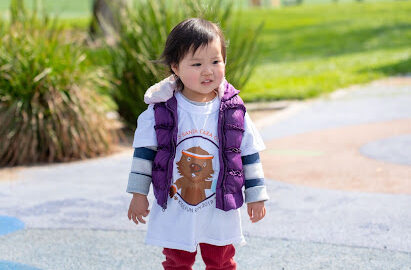
Early intervention makes all the difference: Help Me Grow
15% of children in the Bay Area have some sort of special need before they enter kindergarten. And yet, less than half of children who could benefit from early intervention services are actually identified.
With Help Me Grow, and our partner First 5 Alameda County, trained peers assist with home visits, attend IEP meetings, connect families with resources, and troubleshoot.
- 860 families received navigation services
- 381 families received free diapers
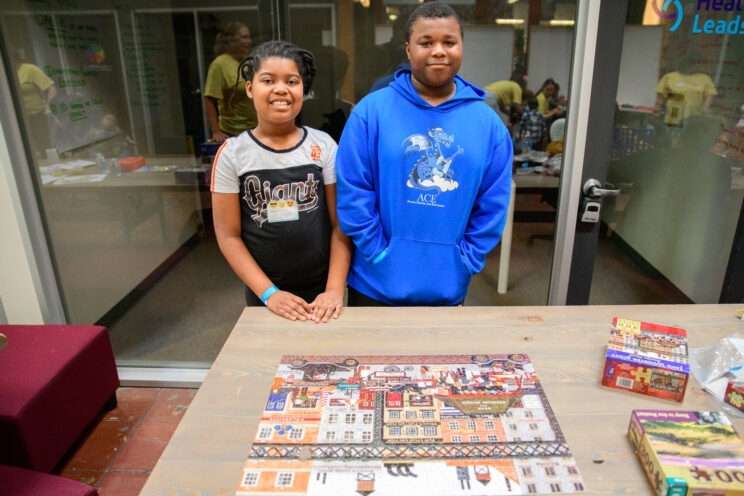
Supporting youth of color transitioning from high school
Youth with disabilities face major barriers to transitioning out of high school yet typically get less support and intervention than their younger counterparts.
As part of our Community Empowerment Program, and with support of a DDS Service Access and Equity grant, we expanded a pilot program, “Transition to Equity” designed to provide training and group coaching assistance to families of color who are navigating the important transition from high school and beyond. This program is being directed by a community collective of family members and professionals that meet every month.
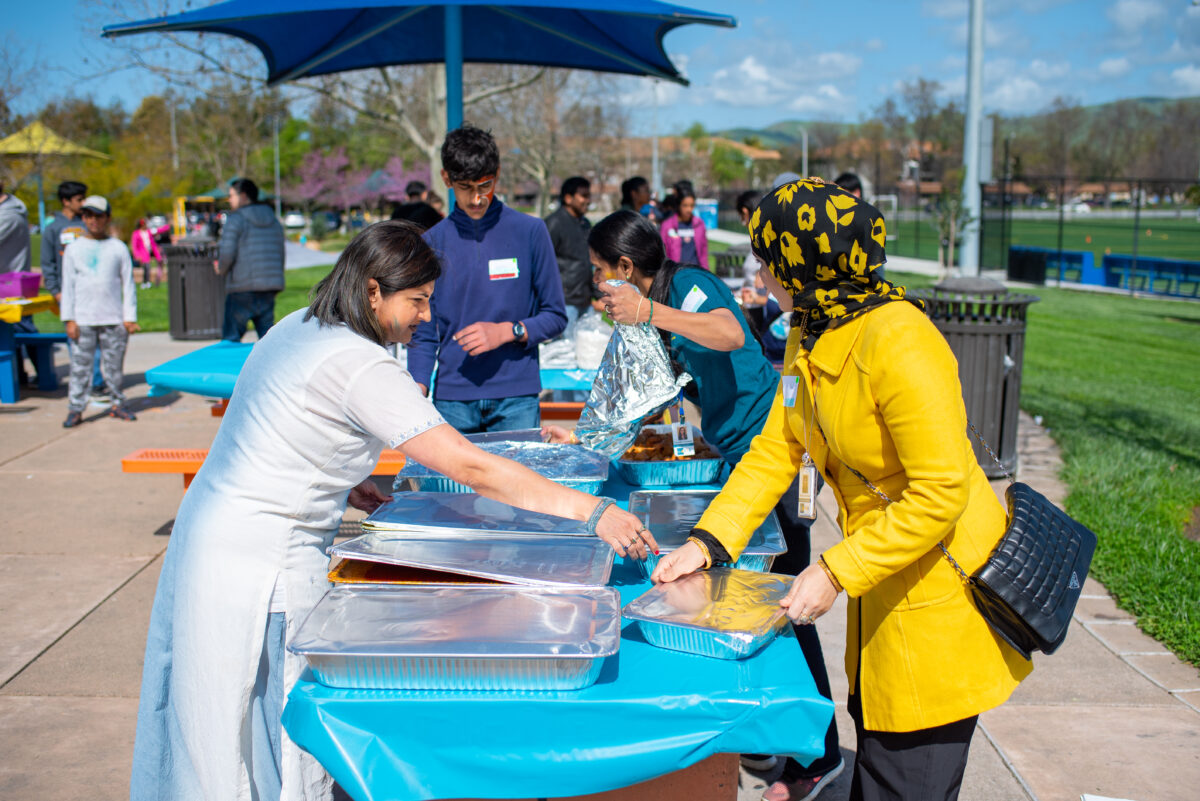
Multi-lingual Family Navigation
Services in your native language can be a lifeline. For example, people who speak the oral tradition, we conducted and recorded live trainings to be viewed online. This program is supported by a DDS Service and Equity grant.
- From childcare to mental health, we provided 2,500 people with 15+ trainings and events in multiple languages, surpassing our goal by 150%
- Published 7 radio episodes for Yemen American Radio with information for Arabic families
- Providing 180 families with multilingual family navigation
- Supporting Spanish-speakers, Mam, South Asian, and Arabic families
“Thank you very much for everything you helped us with. I appreciate it very much. This process has not been easy and without your help we would not have been able to do it...I thank you very much with all my heart and I send you a hug from a distance." |
“This was such a valuable training that spoke directly to me and my child and our challenges fighting our way through the disability school system. I now feel I have the tools I need to walk into IEP meetings and request the best learning environment and strategies for my child. I hope to attend more in the future. thank you” |
"You are a big help in communicating with the parent...I only speak English and the parent only speaks Spanish. I am sorry to say that translation has also slowed down this process. I am lucky mom found you. I refer to you as a person who can translate to mom." (Staff, Hayward Unified School District) |
Supporting the community this year looks like:
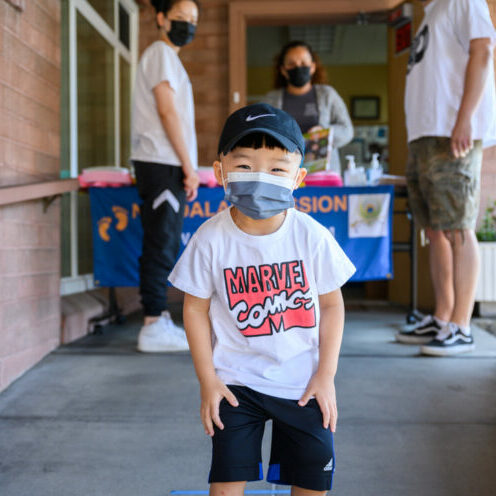
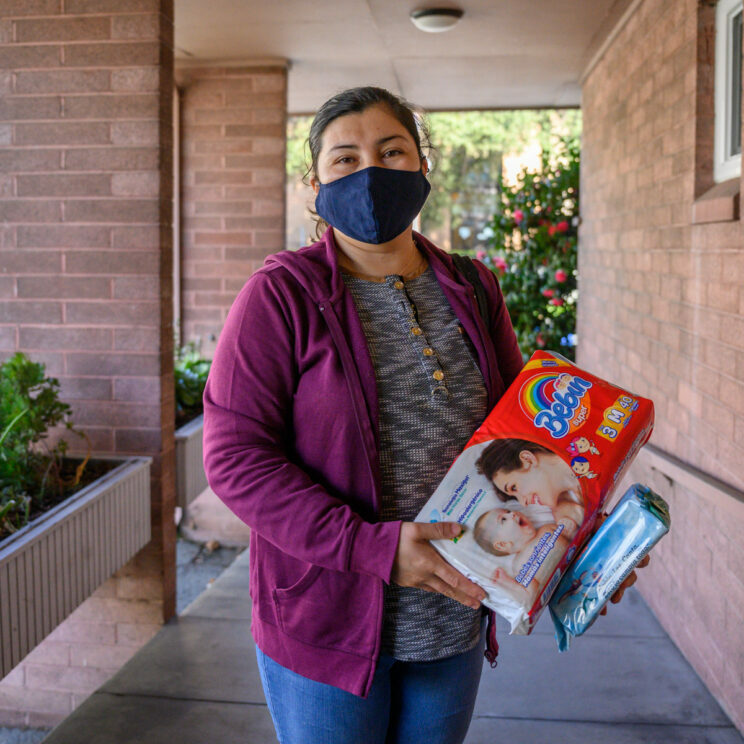
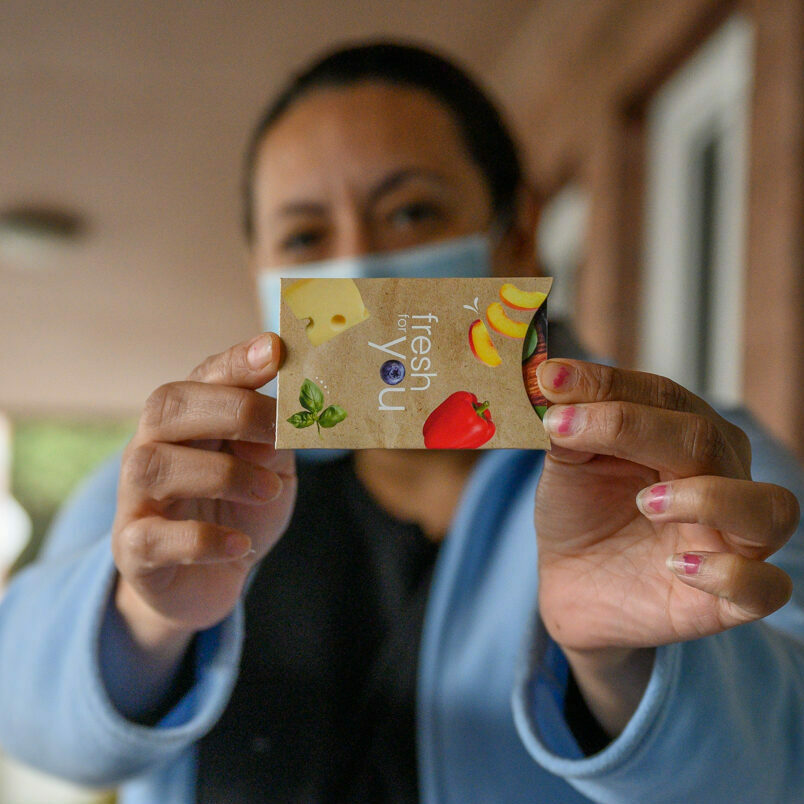

building voice & power of parents
each one, teach one (or many)
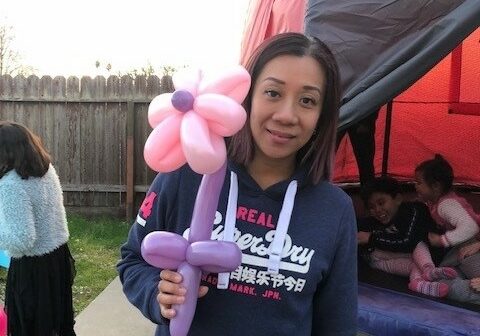
Betty Wong
FAMILY NAVIGATOR, SPECIALTY: CANTONESE
"As a Family Navigator, this year is about helping families who are impacted mentally, medically, financially, and emotionally by the pandemic.
Every family is unique: different barriers, situations, and values. For the past five years, it has been so rewarding to be able to use my experience as a parent myself to help others navigate this complex system. Respect and acceptance of each other is most important.”
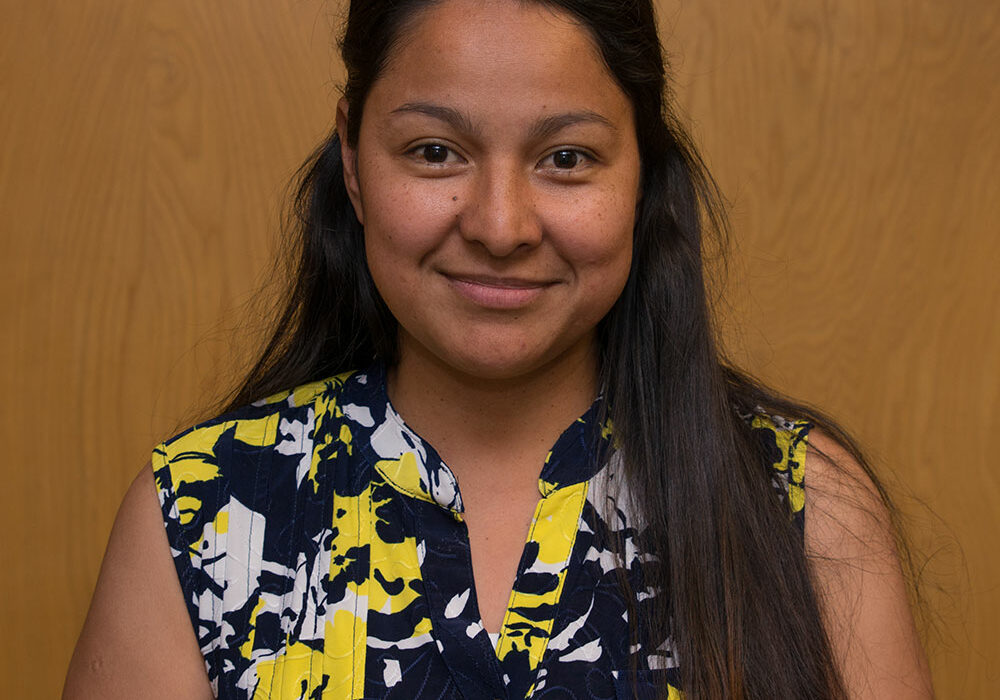
Emilee Leon
FAMILY NAVIGATOR, SPECIALTY: SPANISH
"Once as a parent, I found myself walking into the world of special needs services, confused and desperate.
For families that are just starting this journey, at first they are scared, but then when we get their child signed up for a service like physical therapy, they are so relieved. This is about helping families and also making a more inclusive community along the way."
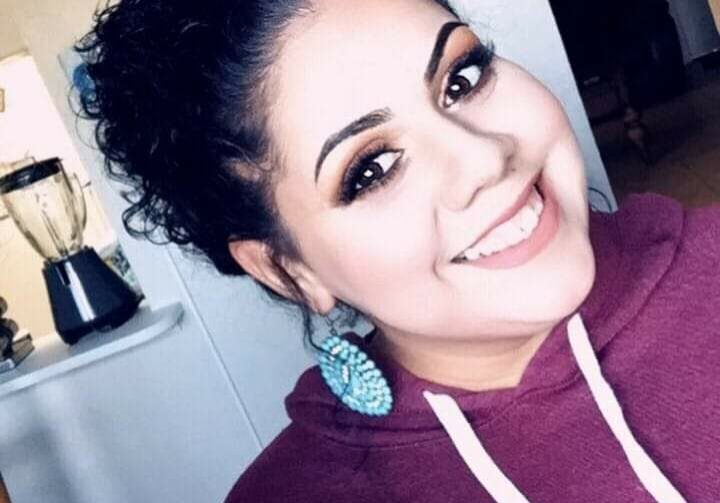
Isabel Alvarez
FAMILY NAVIGATOR, SPECIALTY: SPANISH
"It's also about connecting families with all the services they need, including resources like diapers or Cal Fresh.
It is important that families know that we are there to support, guide, and connect them with services. They don't have to go through the process alone. When parents learn to advocate for their children and their rights, they spread the word to other families in their community, too."
community navigation across the state
Helping a family navigate their way through the system is more than a referral - it’s walking someone through it, phone calls, and following up. Now, for the first time ever, California is allocating $4.5M to go to Regional Centers to fund community navigators at family resource centers like ours. While we don't yet know how this support will be allocated, we are so proud that more families will be able to get the services they need and deserve. For the past five years, we were honored to be one of the equity pilot programs to help to make this trailblazing initiative happen - for today and for the future.
Every year, we conduct surveys of the families in our program to gather feedback and input to improve our services.
Connect.
of parents say that FRN connected them to services
Recommend.
Would recommend FRN to a friend
Confidence.
say their confidence to advocate increased
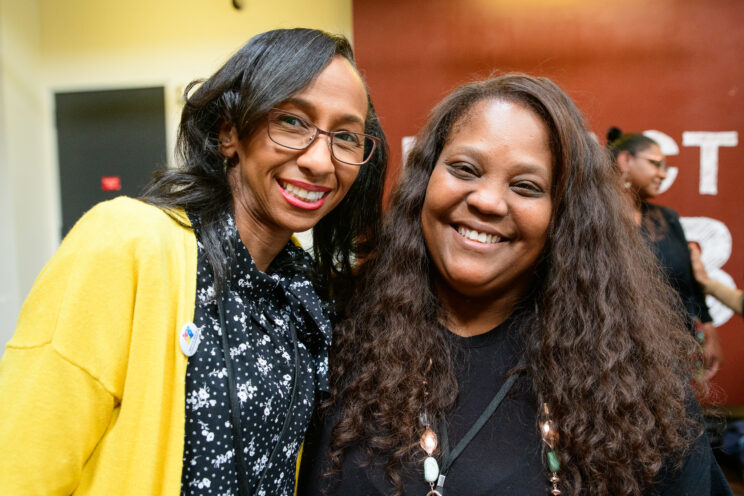
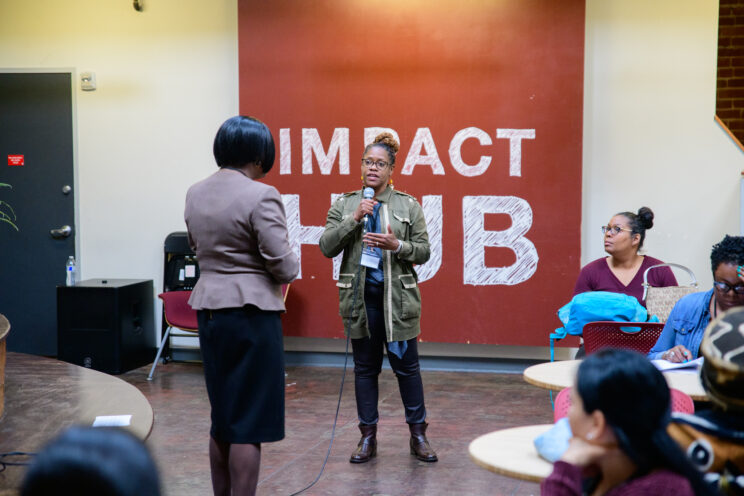
this work is about everyone having a voice
This year, we launched a new project called Transition to Equity to improve the lives of youth of color with disabilities. Instead of re-creating typical power dynamics, we knew we wanted to try something different to incorporate community feedback and decision-making. Instead of forming a typical committee that has no decision-making power, we created an environment where staff members don't have more "say" than community members.
With the Transition to Equity collective, all members know they have a voice. That means that no one is running the collective, all members have equal input, and equal say in how to decide.
Together, the collective made the decision to meet monthly, and is busy identifying and crafting the trainings their community needs. At the first meeting, one of the members said it best: “Our voices are being heard! Finally”.
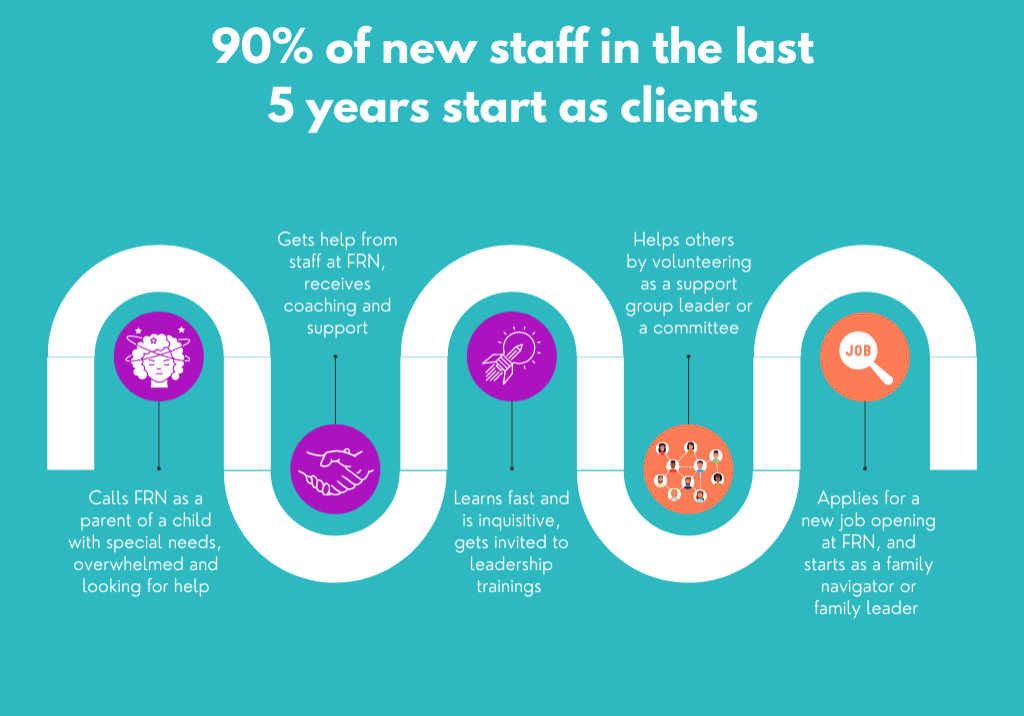
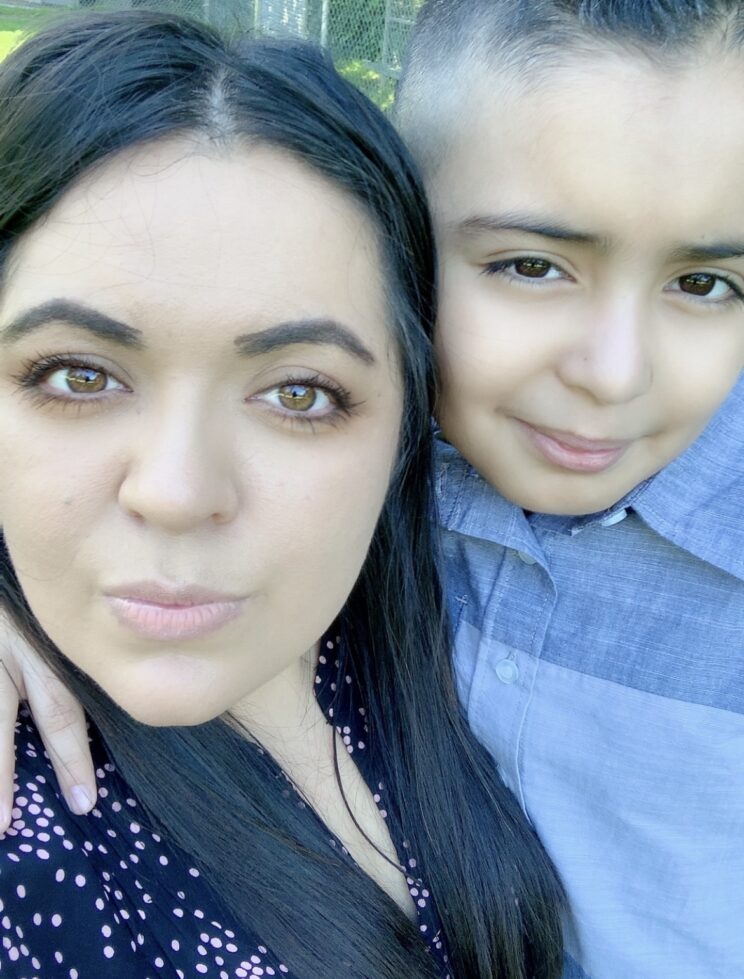
when we help others, we become better people
"My name is Adriana Corona, and I am originally from Michoacán Mexico....the journey I have had with the diagnosis of my son has made me a strong woman, the different situations I have gone through have been invaluable for me. They change you, they contribute to you, they add you immensely to the way of seeing the world and facing life personally and communally. I have been a volunteer at FRN for 10 years.
I have lived the experience of not having the information, the inequality, I have seen how the people who must help or guide us make us feel intimidated or pressured when we do not understand the system.
I have learned that parents have the most important voice, being a volunteer I met wonderful people with whom I share day by day the challenges of carrying out a dream and whom I see growing in experiences, virtues, and social conscience. To be a volunteer is to look beyond and take action on the matter. If we are more aware of this process of personal and cultural construction, we can take our actions more seriously also take care of our dreams and encourage more education in values and customs. I like to help others to have the right information; I like to help because I want other parents not to feel alone; I like to help because it inspires me to be a better person and motivates me to continue learning."
sharing our stories
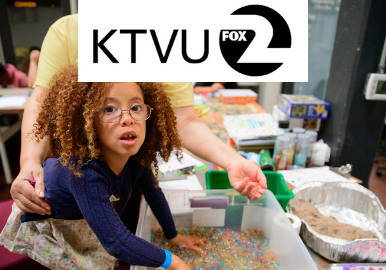
"How federal rules make it impossible for people with disabilities to save for future" by Caroline Hart
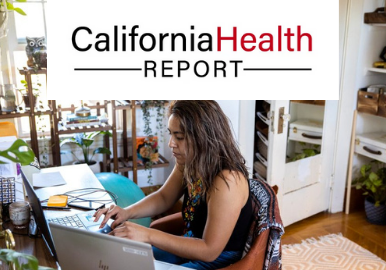
"For children with disabilities, climate change brings multiple threats" by Sara Kassabian
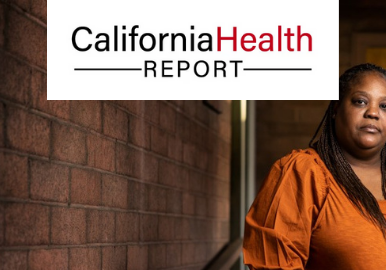
"How Families are Fighting Racism and Disability Discrimination" by Claudia Boyd-Barrett
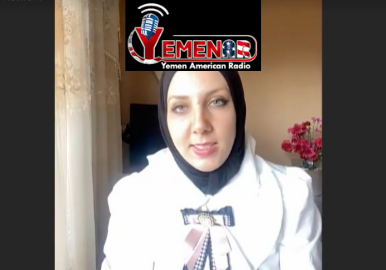
"Mental Health for Parents of Children with Special Needs" by Mayyadah Zaidani
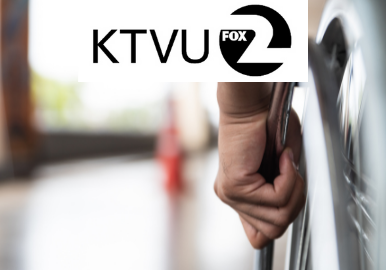
"Californians with disabilities not prioritized for COVID vaccine fear for their lives" by Caroline Hart
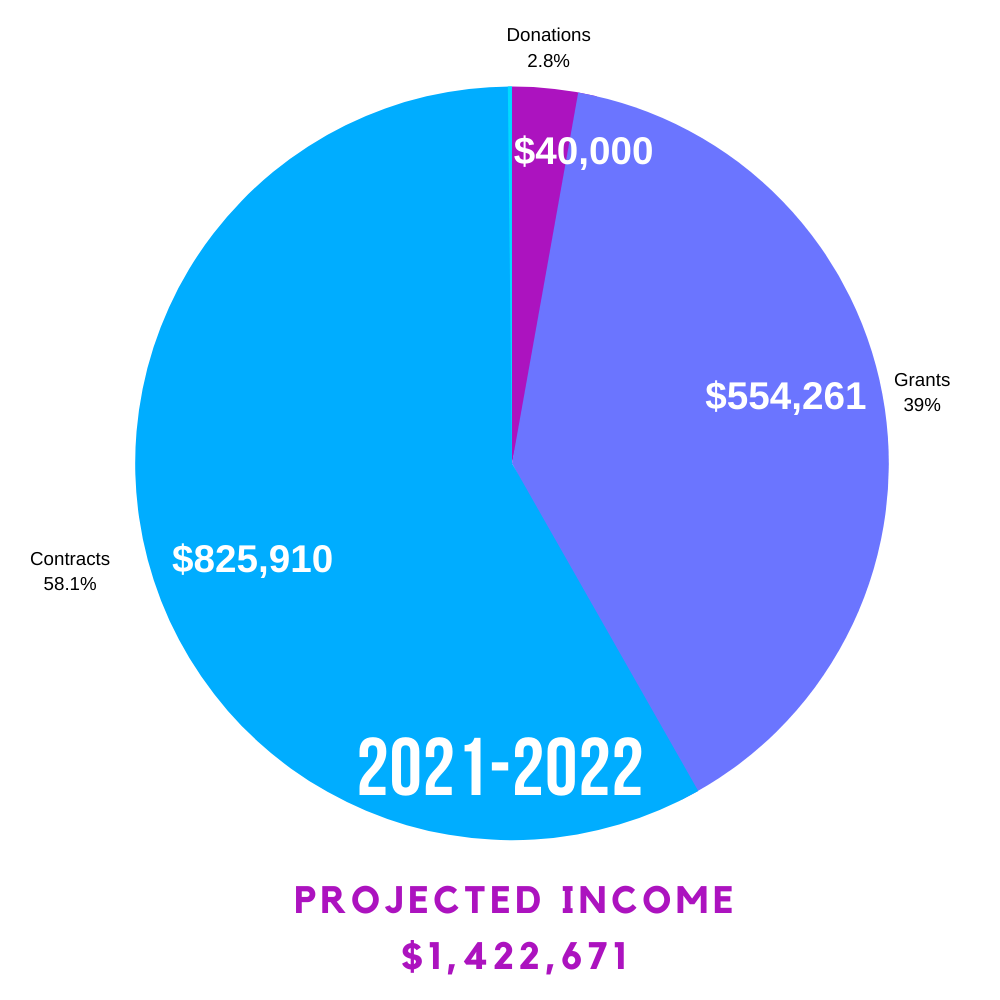
evolving each year
At our Golden Village event two years ago, there was a woman participating in a training in Vietnamese, with tears streaming down her face. One of our staff members checked in with her and she said "I'm just so happy I can understand."
This is how important it is to have culturally-relevant events and gatherings, especially in the age of COVID when families with children with disabilities. We know how important it is for families to be seen and heard and to make connections with each other. This year, with the support of our stakeholders, we'll be reconvening our community at in-person events.
In addition, we will also be focusing on raising resources to devote to parent leadership. With a three-year unrestricted grant from Families Lead California from the Heising-Simons Foundation, will be able to expand and revise our leadership curriculum and engaging more families. We will also remove barriers that families face to engaging in leadership with financial and childcare stipends.
We learn and grow
HIGHLIGHTS FROM THIS YEAR
- Raised $35,000 from donors and the East Bay Energy Community Foundation to provide mini-grants for families in crisis
- Increased our donations by 100%
- Invested in Zoom-based education in a variety of spoken languages to overcome literacy barriers (Hmong, Spanish, Vietnamese)
- Provided stipends for home-based internet for staff, provide laptops, cellphones and remote access to ensure families continue getting services during the shut down.
How do I get involved?

Make a meaningful donation and support kids with disabilities and special needs in Contra Costa & Alameda Counties.
Organize giveaways to help families meet basic needs like diaper drives, backpack drives, or PPE equipment.
Host a fundraiser or party to invite donations. The more unrestricted funding we raise, the more children and youth we can serve.
